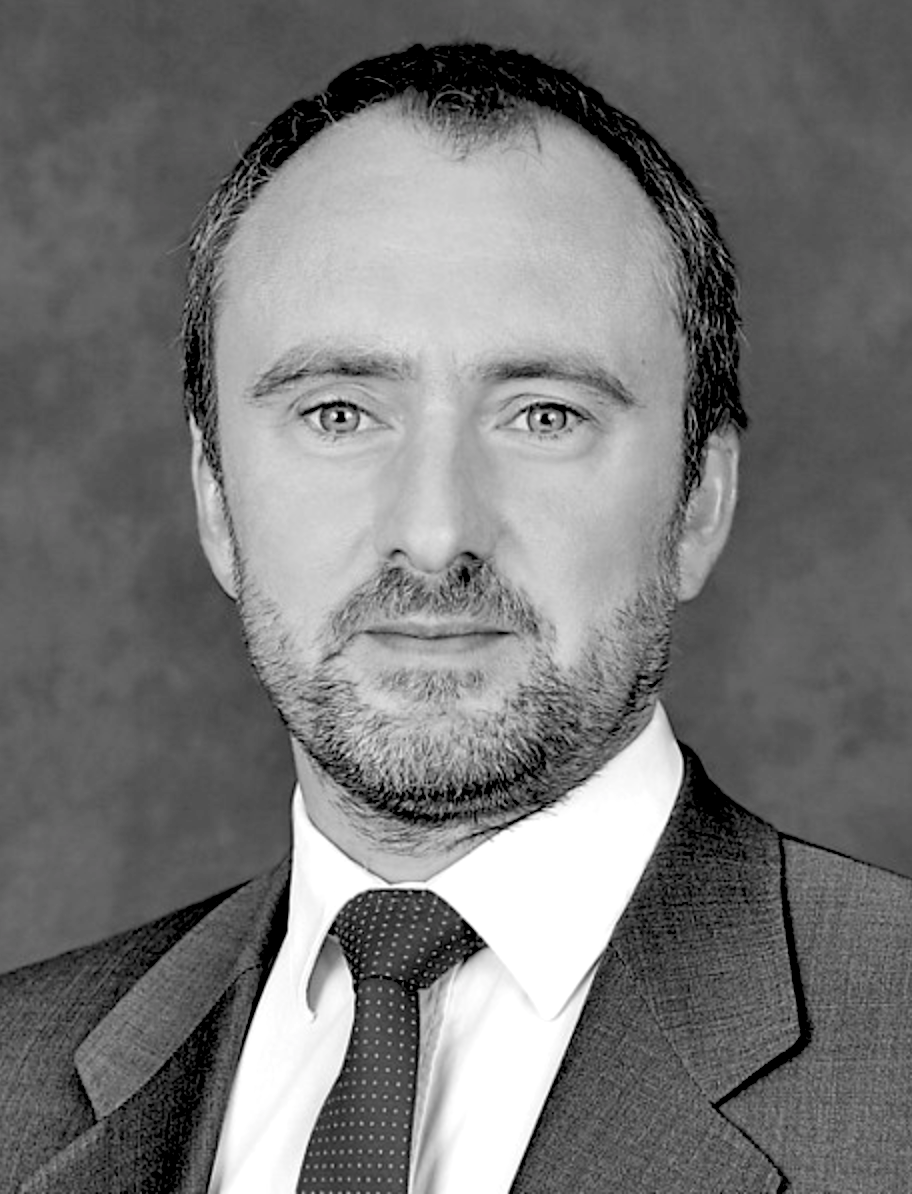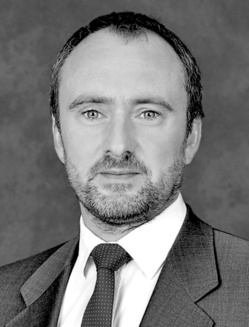Mr Magnan, you hold a Master’s degree in engineering from the prestigious Ecole Centrale in Paris. How did you come to work in corporate finance, and what does it entail professionally speaking?
I would have to say “chance”, to some extent. I couldn't say that when I was studying in prep school and later at Ecole Centrale, I had this in mind. This being said, working in the business of valuation has a lot to do with being able to embrace rationally very complex questions, situations and systems, with lots of data.
Can you define the scope of Duff & Phelps’ expertise in corporate finance?
Well, we are not only in corporate finance. We are a multi-service global independent financial advisory firm. We advise our clients, be they large corporations, private equity funds, hedge funds, or law firms... in matters that pertain to finance. We did start in corporate finance, 15 years ago, with a focus on M&A and valuation of assets. But since then, we've expanded way outside of this original scope. Today, I would say that most of the services we provide are in the area of financial advising with a focus on good governance, transparency, quality of financial data and transactions.
Valuation services are the spearhead of your financial expertise – if not in your corporate DNA! - ever since Duff & Phelps initially opened in 1932 to provide investment research… How does that translate into the company’s global expertise, or into your value proposition?
Compared to some of our competitors, we could be seen as a source of technical expertise, because that is at the core of what we do. As you said, valuation is in our DNA. But we have a lot more services than just valuation. That was indeed where we started, but we have now expanded into supplying our clients with data analysis. At Duff & Phelps, we are not only able to find the data the client is looking for, but also tell our client what that data truly means.
Who are your clients, both in Europe and the Middle East?
Our clients are typically, on the one hand, very large corporations such as companies listed on the French CAC 40, the German DAX 30 or the English FTSE for example. But we also work with alternative investment funds and smaller organizations, like start-ups and biotech companies. We also work with government organizations sometimes.
How do you deal with the need to adjust a precise industry expertise to geographical specificities?
If we consider the example of large private equity firms, they typically deal with financial issues in various industries. So, when we face this kind of complexity, we gather specific teams for the mission. Let’s take the example of a French client making a deal in Brazil, in the energy industry, who needs financial advice on the right value of the transaction. In this case, the team based in France will run the front office, and coordinate a team with some consultants in Brazil, who know the local environment and its impact on the value of the asset. Now, if our team in Brazil does not specialize in the energy industry, then we will bring in one of our energy experts from Europe or the USA. This is how we make sure we bring the client the right answer, by going further than most firms would. It proceeds from two things: the way our firm is structured, and the culture we promote: working together and going out of our way to articulate the best possible offer for our client.
You have been personally in charge of valuation services in Europe until now. How do you look back on specific clients’ needs depending on their country, and therefore their national regulations? Is that a real factor of complexity nowadays?
Creating value is always complex, and we have to take in a lot of parameters, some of them directly related to the assets, some of them related to how the investors look into the asset, and so on. To get there, methods are well known and used all over the world. But the way these methods are implemented can change from a country to another, or even according to the purpose of the valuation analysis. Germany for example is very prescriptive in standard implementation. Italy's standards not only differ, but they are also less mandatory. And the implementation depends on whether the valuation is intended for financial reporting requirements or transaction requirement, because standards of Value may be different.
From a transactional point of view, it is also possible to include synergies into the value of the asset, but we have to proceed differently when it comes to an analysis for the applicable accounting framework. There are lots of variables, depending on the purpose of the valuation analysis or the jurisdiction you have to conduct it in. Duff & Phelps precisely excels in managing this complexity. We are able to provide the client with an answer which is really tailored to his needs.
From a transactional point of view, it is also possible to include synergies into the value of the asset, but we have to proceed differently when it comes to an analysis for the applicable accounting framework. There are lots of variables, depending on the purpose of the valuation analysis or the jurisdiction you have to conduct it in. Duff & Phelps precisely excels in managing this complexity. We are able to provide the client with an answer which is really tailored to his needs.
According to you, does it explain why Duff & Phelps decided to dedicate a self-governing “head office” in EMEA markets, rather than a simple geographical business unit?
Yes, that’s clearly part of the equation. There are best practices and methods which vary from one jurisdiction to the other. They would also vary whether you look from a US perspective, or a French one. When I opened the Paris office, in 2007, we were 30 people or so; now, our team has 700 people across Europe. We initially ran valuation services only, and today we deploy 6 service lines across the continent. We grew significantly, added more services, more settlements to the equation. We became established first in the UK, in Netherlands and in France. Now, we operate in Ireland, Italy, Germany, Spain, Portugal, Luxembourg. This became more complex to manage, naturally. It became clear to the firm that having local management to manage that complexity makes sense.
Yet, in such a "cultural patchwork", how do you put up with the necessity to coordinate the work of 75 managing Directors and 600 consultants across the region? What kind of management do you practice?
Our 75 managing directors across Europe are great people, so there’s no need for micro-managing... They perfectly know their markets, and they fully embrace the culture of the firm which relies on cooperation across services. They are true “intrapreneurs”, doing what they have to do to satisfy their clients and create value for them, our employees and the firm. My role is to bring to these people an “extra layer” through coordination and optimization of organizational skills, to make sure we always provide our clients with first-class services. More generally, I pay particular attention to strategic alignment. We have been growing at a solid pace for years, and we expect to continue to grow so - if not faster - especially in Europe. But there is still a lot left to do. It is also part of my role to identify the best way to growth, along with our managing directors.
So what is your strategic road map for the coming years?
The US is still a fairly large share of our business – about 75% of it. But we still have a lot of room to grow in Europe, by leveling European services with American ones. We will do this in a very coordinated way, with our colleagues in the US and Asia. That's the roadmap: opening new markets, developing new services which are synergistic with our existing services.















